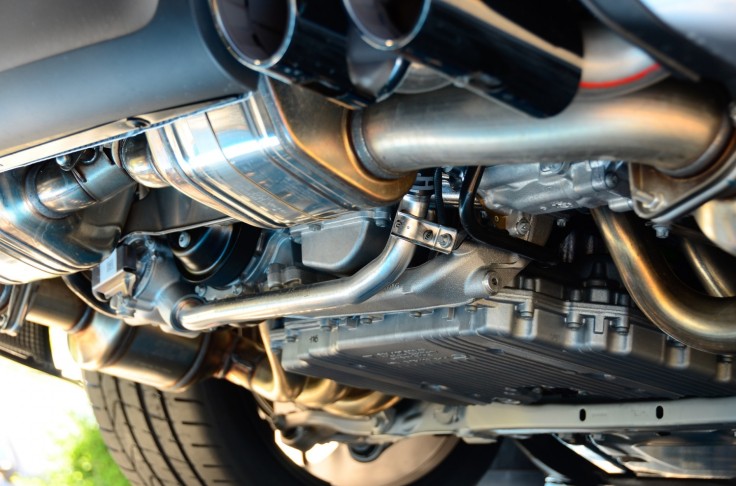
When it comes to taking care of your car, the chances are that the car belts and hoses probably aren't your highest priority. However, they should be. According to the Car Care Council, nearly 30% of the vehicles they have inspected have belts and/or hoses that need replacing. According to the Car Care Council, nearly 30% of the vehicles they have inspected have belts and/or hose that need replacing. Yet in most cases, the vehicle owners were totally unaware of the condition of these parts. In this article United Car Care shares tips for automotive belts and hoses.
There are many purposes for automotive belts, they are what run the fans and water pumps to keep the engine from overheating, and they keep the alternator going. Hoses also have many jobs in the engine; they are what keeps running coolant from the radiator to the engine, and in some cars, they are even used as brake lines.
If left unmaintained, a belt or hose failure can result in some serious engine trouble, and the damage may end up sending your car to the scrap pile. A belt that becomes worn may slip or become so slack that it may not function correctly. Hoses may glaze and split after long years of use or when exposed to harsh temperatures. A damaged hose pipe may lead to vital fluids dripping from your engine and may create damage to engine parts. To save yourself from costly engine repair or having to buy a whole new vehicle, it's best to care for your car's belts and hoses regularly.
Fortunately, it doesn't take much to maintain your car's automotive belts and hoses to keep it running smoothly and stay safe on the road.
Peek Under the Hood
The first step is to check the vehicle yourself. Pop open the hood and look at each belt and hose for any signs of wear and tear, glazing, or any missing chunks. Especially keep an eye out for any holes, bulging, or parallel cracks in the hose(s).
Even though they may look alright at first glance, to be thorough, check the fluids and make sure that there aren't any signs that there is a leak somewhere.
Have it Seasonally Inspected
Generally speaking, it's a good idea to maintain your car with tune-ups and oil changes routinely.
While you're there, make sure to ask them to inspect each of the hoses. This is a convenient way to make sure your car is running smoothly without going out of your way.
However, if you've found something on your own that's questionable during one of your own inspections, it may be a good idea to call and schedule an appointment just for that.
Watch Out for Warning Signs of Failure
You don't always have to check under the hood to spot warning signs that your belts and hoses are failing.
Common signs that a belt needs to be replaced are if you hear squealing when you drive, if the engine is overheating, if your air conditioning isn't working, if you experience a loss of power, or if the steering feels stiff (which is a sign that there are power steering issues). Because the hoses are also connected to the engine's temperature, many of the warning signs are the same as the belts.
If you notice any of these signs, call and schedule an appointment right away before the issue worsens.
Replace Parts When They Need It
Lastly, read your car's owner manual and familiarize yourself with the manufacturer's recommendations for when to replace the parts. Every vehicle is different, and some brands may need parts replaced sooner or later. Following the manufacturer's recommendations ensures the parts will be in working order while in use.
About United Car Care:
United Car Care vehicle service contracts offer reliable protection at an affordable cost, which is exactly what consumers want when looking for mechanical protection for their vehicles. Our product is backed by an A-rated insurer, thus providing our contract holders with the utmost security.
United Car Care has earned an A+ rating with the Better Business Bureau, which speaks to the way we do business-with integrity. We are proud of the fact that we have had over a million satisfied customers as well as many long-time relationships with our dealers and agents. These relationships are a true testimonial to United Car Care's core values: quality, dependability, and customer service.









